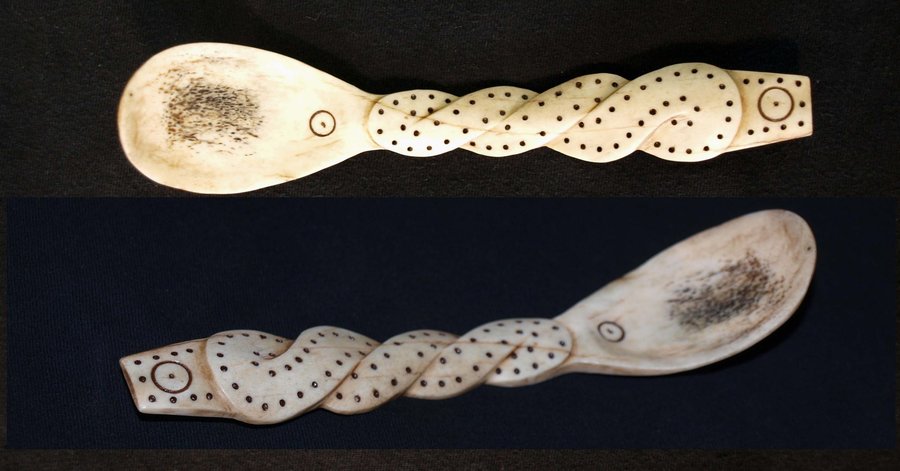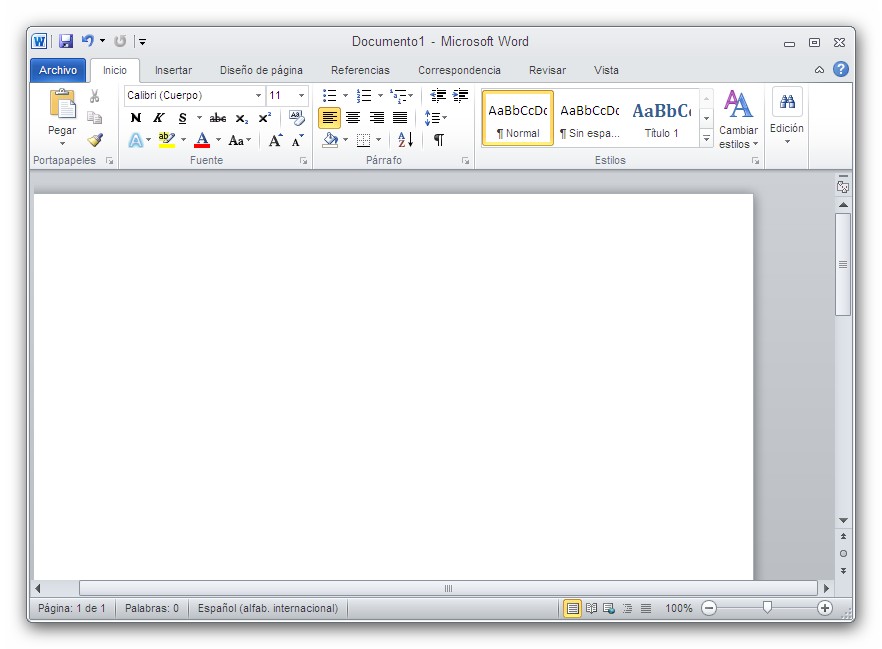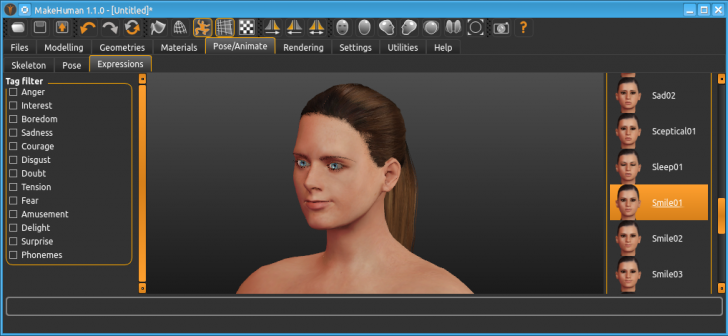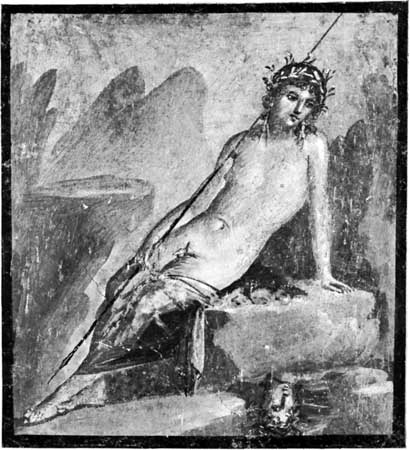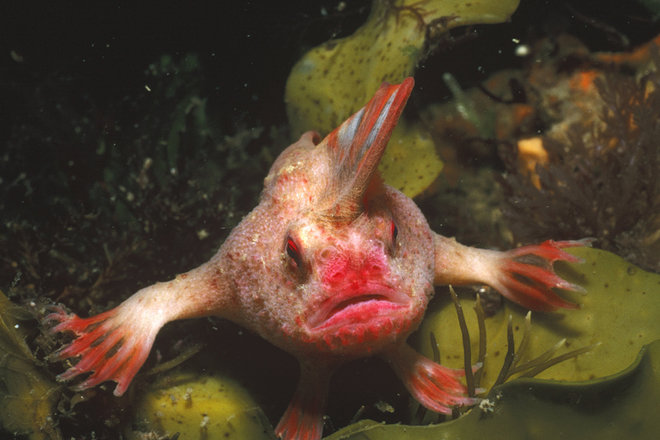Home
II. FEMKE & FISHES
23/03/2019
Looking at the way I wrote this blog post reminds me that I think I really did not relay to the bibliography. If I can remember well, it was due to a lack of consistency in language between the discourse and the work of Constant. Now that I know their practice better, I still remain critical although acknowledging the positive undertake of their public (by means of open events and general actions toward an active participation in public software activism and coding literacy). I will not re-write this post, but will turn random notes into intelligible sentences instead, as I believe that I am now biased by a certain necessity to listen instead of criticising. In doing so you will read how I felt 8 month ago rather than now (as introduced in the non-conclusion).
04/10/2018 and 08/10/2018
"The paradoxical consequences of the divide between these communities in the context of the Internet have been baffling: (radical) activists organise and sustain themselves using ‘free’ technical services provided by Fortune 500 companies. While alternative technology practices, like those used among the Free Software Community, are designed, maintained, and actively used by a select few."
M. Aouragh, F. Snelting - Let’s First Get Things Done! On Division of Labour and Techno-political Practices of Delegation in Times of Crisis.
In her text “A fish can’t judge the water”, F. Snelting introduces readers to her analyse on the “state of software” and how she, together with the artist group CONSTANT, is proposing new alternatives for forms of artistic/hacking activism. The text shows some disparities between the intention, the language she employs and their practice. Indeed, compared to their prolific work and the quality of articles F. Snelting wrote, “A fish can’t judge the water” felt succinct.
The text seems to be divided into three Parts : Protagonists / Context / Vision.
The protagonists “we” she refers to at the beginning of the text seems to be that of the privileged creatives/academics — Like us. She subsequently calls for a more general us, sometime post-human sometime cyborg, and finally the "we" is "them", Constant (one of her ongoing project : http://constantvzw.org).
_ Who is she? Who is us? Whom are they doing this for?
It is laborious to discern clearly whom F. Snelting is addressing the text to and whom is she talking about. Indeed, initially it seems clear that she speaks of our privilege sphere - the creative people. Yet, when she extends the scope to the post human cyborg, it is clearly beyond the creative industry (wich I think is more interesting/relevant in the sense that software/ computational activism is often too exclusive and hard to access for non-programmers/hackers). Thus, she does not clearly states the inclusive intentions I merely mentioned, but they can be acknowledge when one becomes aware of the reach Constant has in Brussels, especially throughout their public workshops.
_ “Exchange rather than exclusivity … It is a luxury.”
Through such phrasing, F. Snelting points to a very accurate aspect of software culture. Being the dichotomy susbstended in using open source, un-corporated, progressive software is an emancipatory feature and simultaneously a luxury. Certainly due to the context in which activist and hackers communities operates, the language they use and their field of action is part of this segregation between digital literate and non literate.
_ But is Constant trying to make the fish conscious or do they simply play with water?
Which leads me to a more general question about their methodology of activism that is not clearly stated in the text. I understand that by means of deconstruction and failure oriented action, their community attempts to question the sovereignty of the software. But I wonder to which extend this can be done and whom can it help to emancipate? It undoubtedly works as an incomplete manifesto and forced me to search further writing from her and Constant.
_ Is the wooden spoon necessary?
On a rhetorical level, it is arduous to see legitimacy in the wooden spoon example. Indeed, wooden spoons do help humans in performing basic tasks to fulfil needs (such as cooking) while creative software (since the referred “us” is that of creative people) are potentially here to help us and accelerate our (creative) processes, which is not of same nature. In this regard Geof Cox “Means end of software” introduces a constructive argument by exposing code and software as both an emancipatory ground for creative practices and an alienating productive tool embed in capitalist production models. In this sense, F. Snelting could have broadened up her scope of software utility in order to make the metaphor more explicit.
Ways softwares choreographs our lives
_PredPol
https://www.e-flux.com/journal/87/169043/this-is-a-story-about-nerds-and-cops-predpol-and-algorithmic-policing/
_MakeHuman
http://snelting.domainepublic.net/files/MakeHuman_PostHuman.pdf
_The Quantified Self effect / Global Narcissism
https://www.e-flux.com/architecture/superhumanity/66967/self-design-or-productive-narcissism/
BIBLIOGRAPHY
Snelting, Femke. 2006. A fish can’t judge the water. OKNO Publix, Brussels
Miriyam Aouragh (aff1), F. Snelting (aff2),(2018). FCJ-196 Let’s First Get Things Done! On Division of Labour and Techno-political Practices of Delegation in Times of Crisis. [online] Twentysix.fibreculturejournal.org. Available at: http://twentysix.fibreculturejournal.org/fcj-196-lets-first-get-things-done-on-division-of-labour-and-techno-political-practices-of-delegation-in-times-of-crisis/ [Accessed 8 Oct. 2018].
FURTHER READINGS
http://snelting.domainepublic.net/files/MakeHuman_PostHuman.pdf
http://fibreculturejournal.org/wp-content/pdfs/FCJ-196AouraghGursesRochaSnelting.pdf
Coded Matters (NL)
http://constantvzw.org/site/
https://qsinstitute.com
https://www.technologyreview.com/s/424390/the-measured-life/
IMAGES
Word Window: https://talingenieriasoft.site123.me/blog/descubren-una-puerta-de-entrada-para-hackers-en-microsoft-word
Fish: https://www.livescience.com/61534-rare-red-handfish-discovered.html
Narcissus: Narcissus, wall painting; from the House of Lucretius Fronto, Pompeii, Italy, ad 14–62
MakeHuman: http://ww2.onvacations.co/makehuman-hair-add-ons/
Spoons: viking_spoon_1_by_darksuntattoo-d3ccdp0
